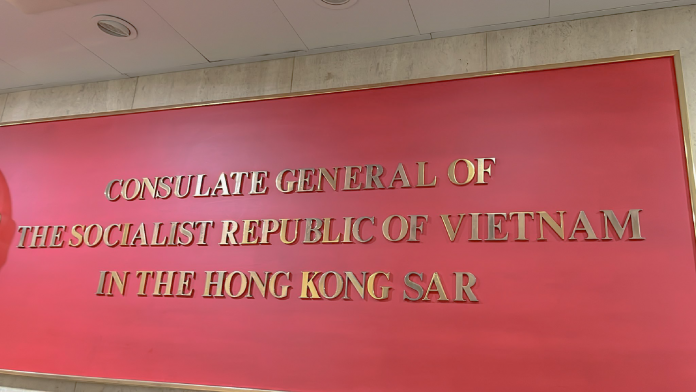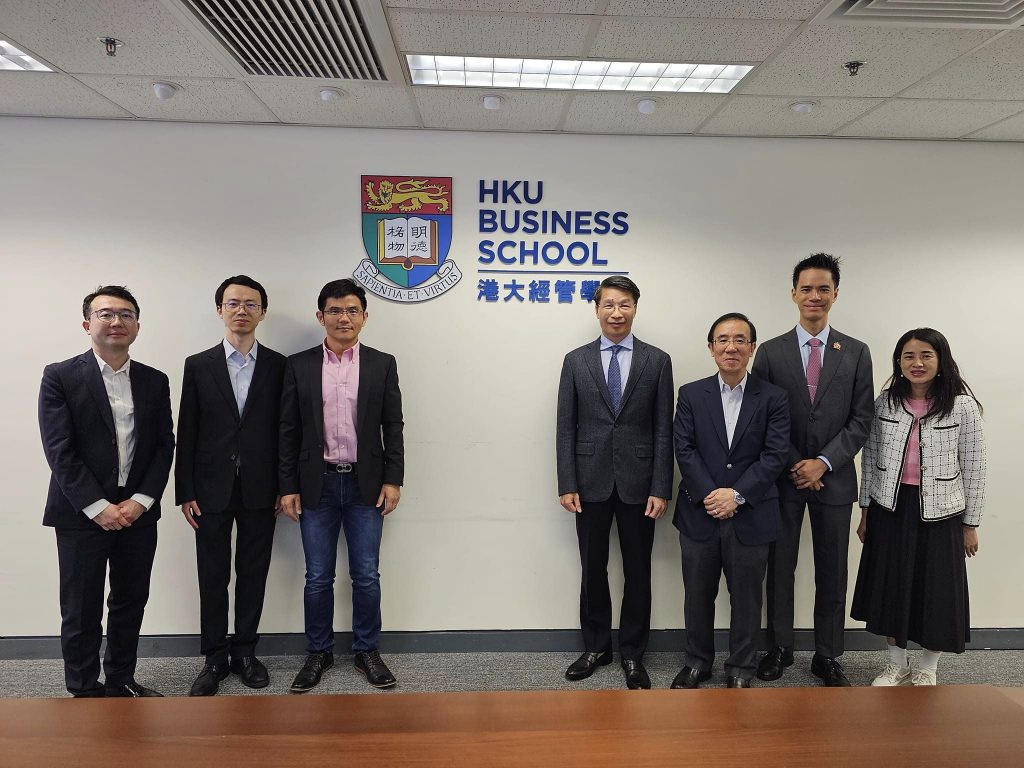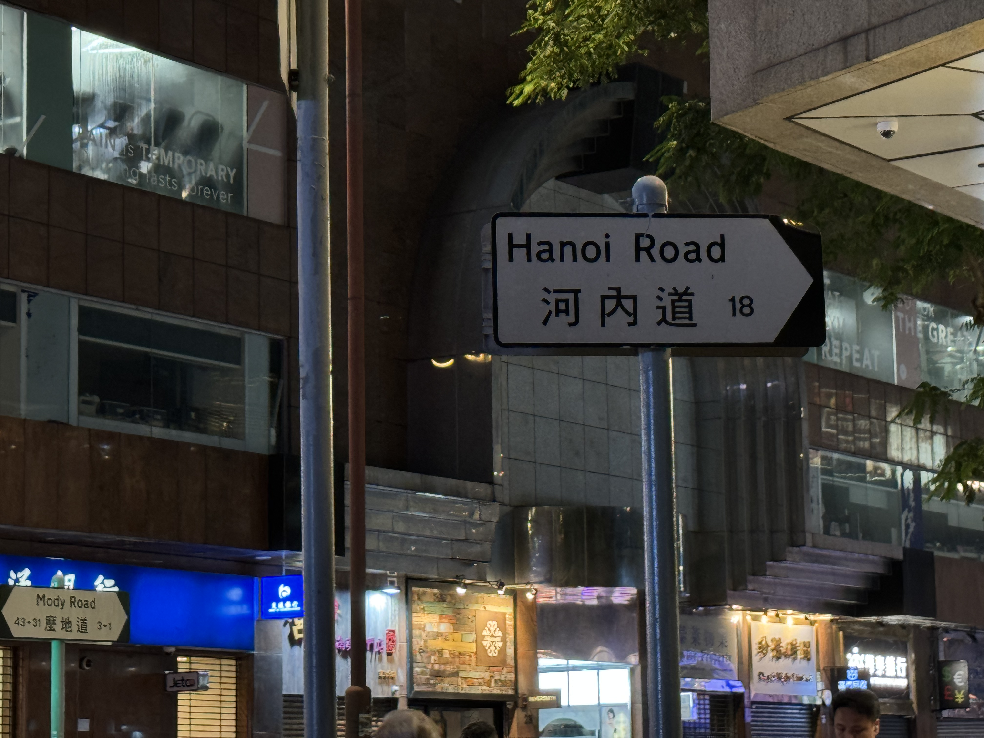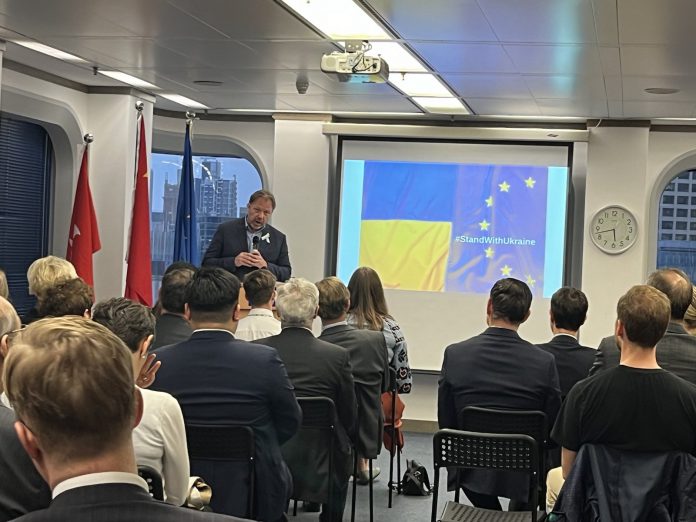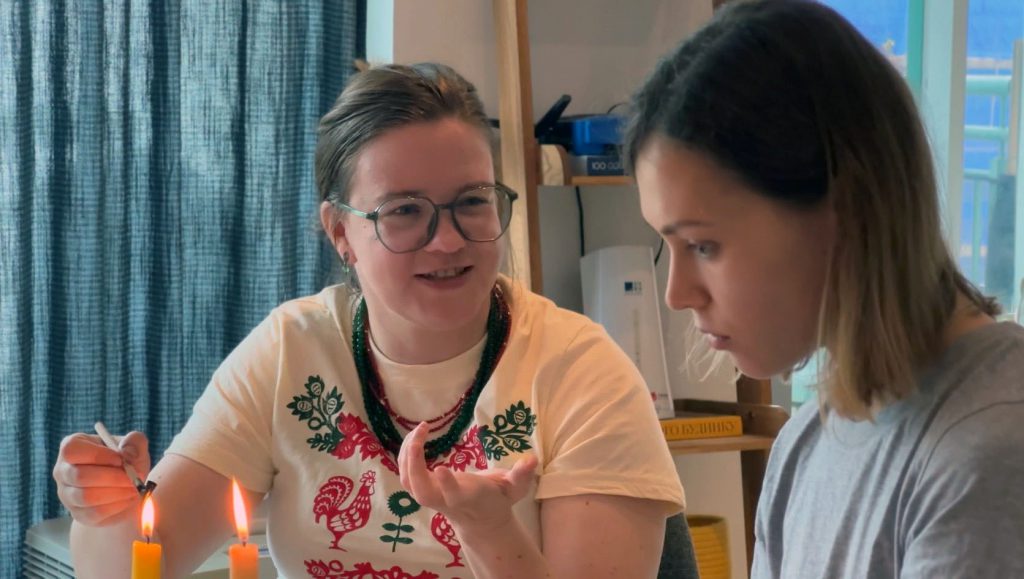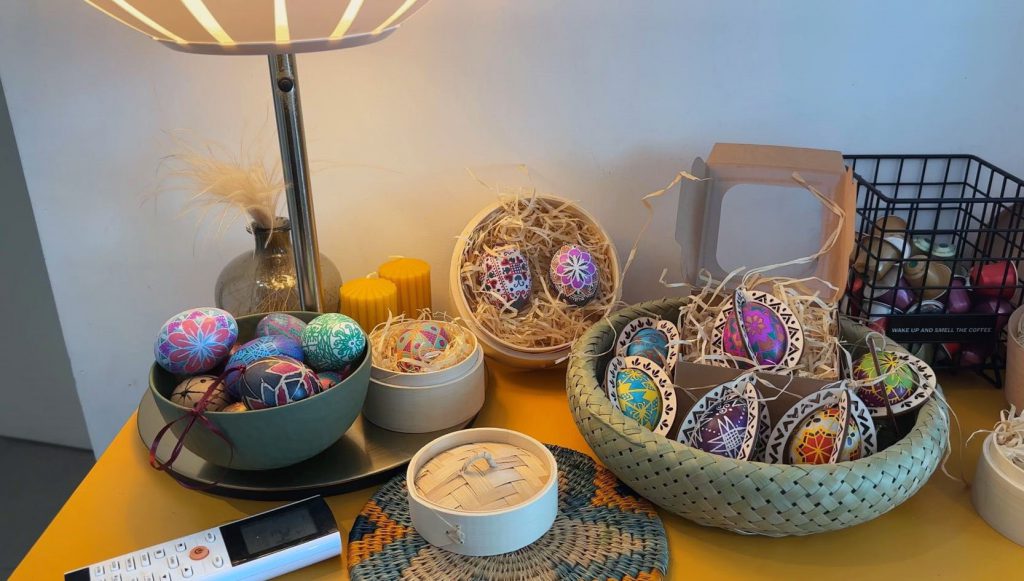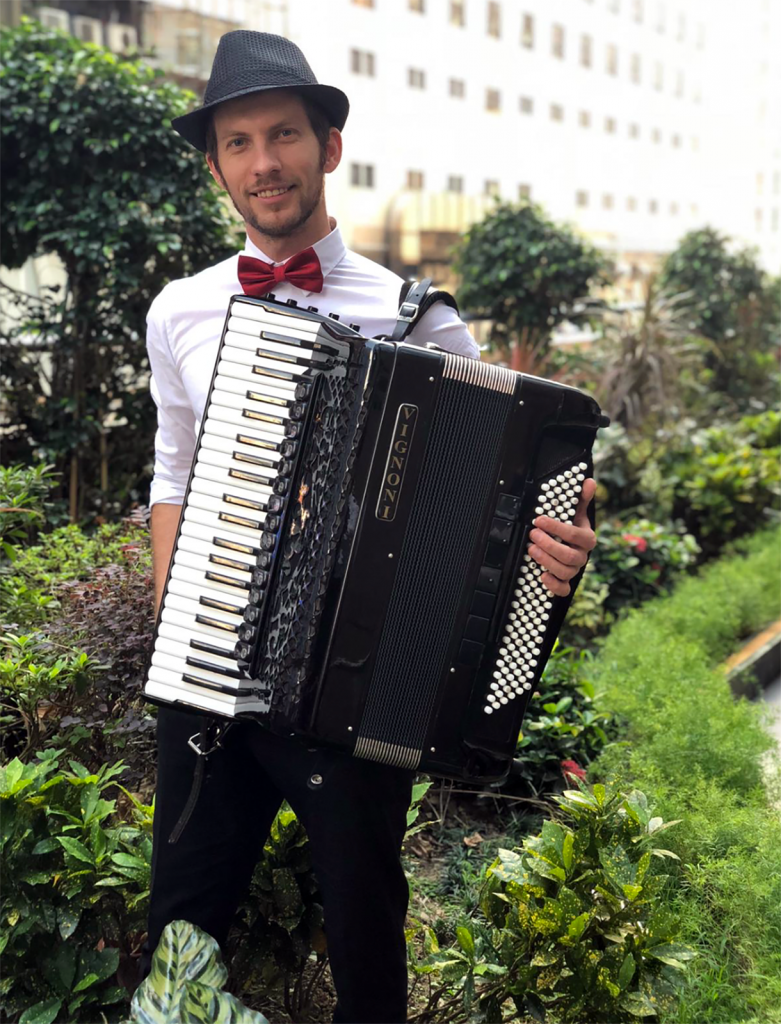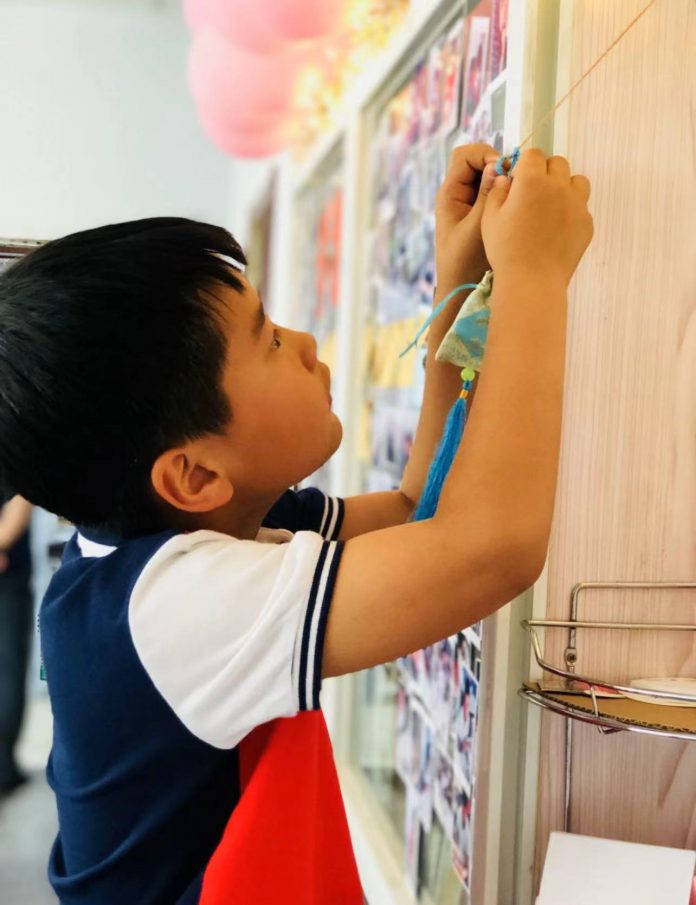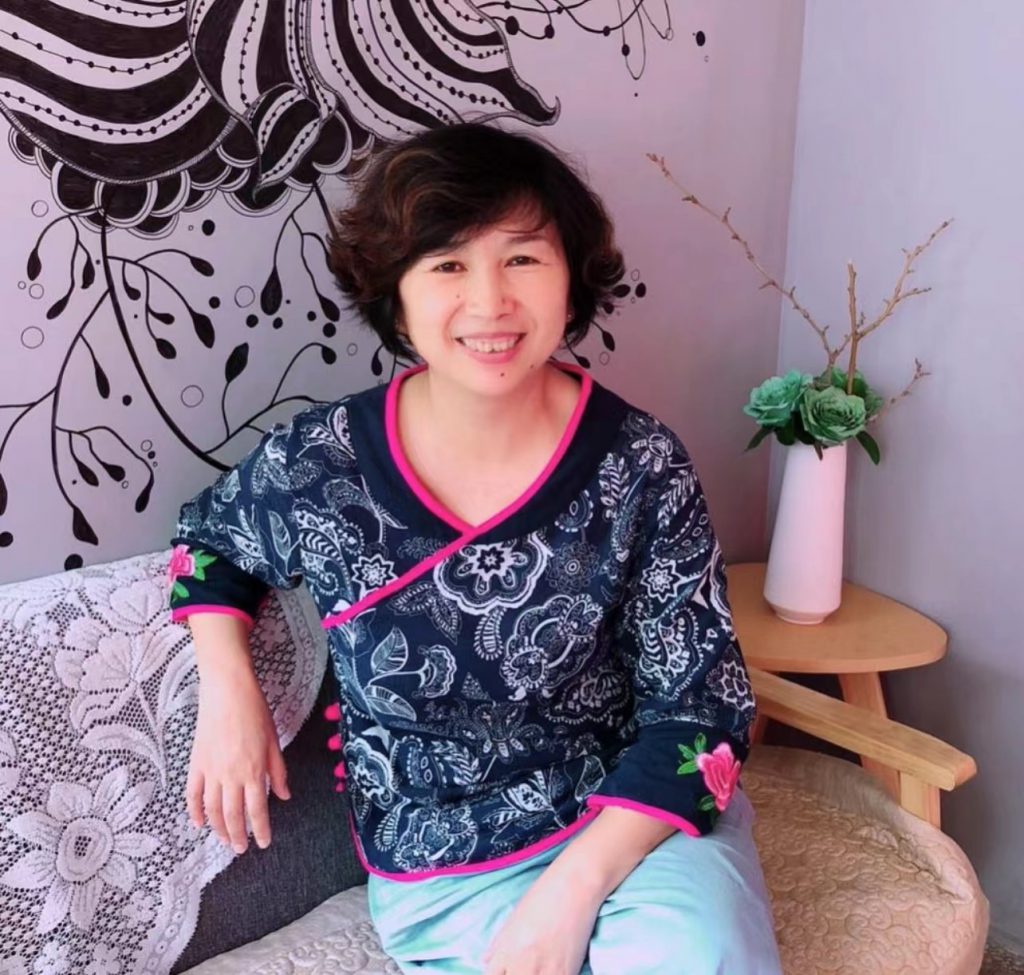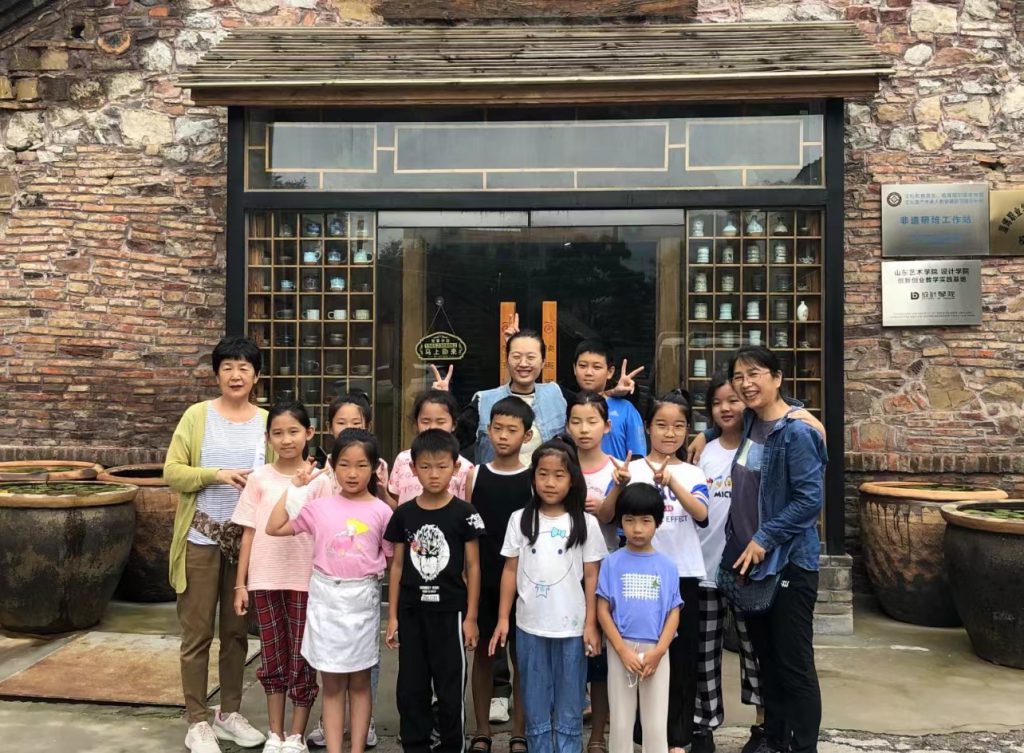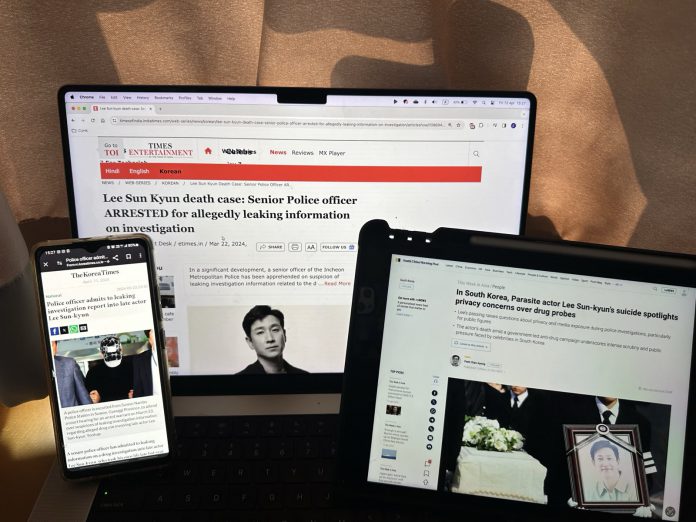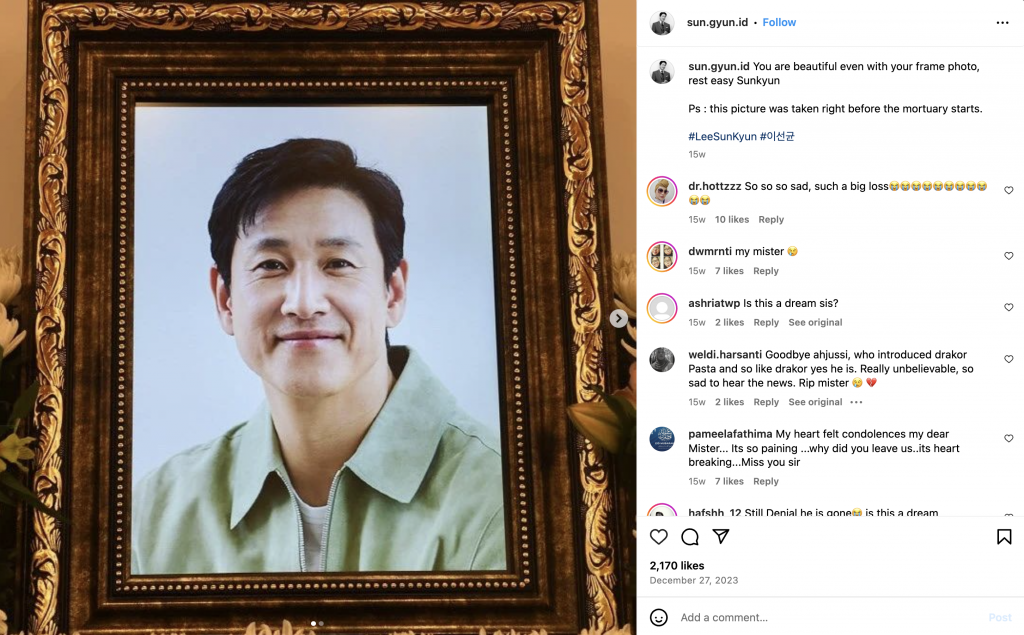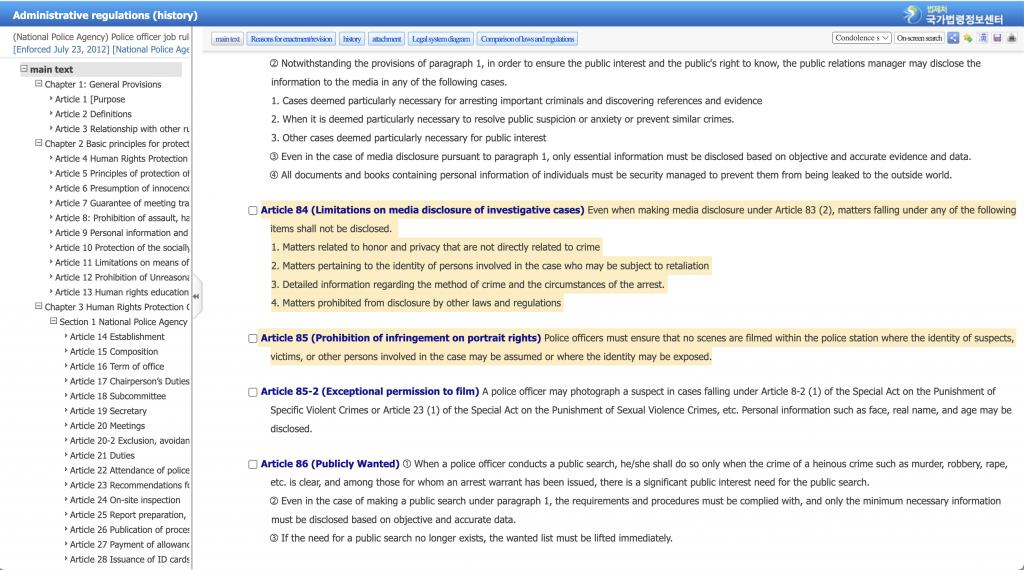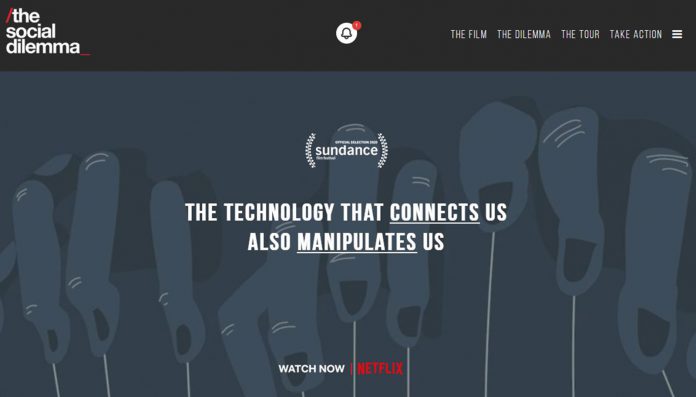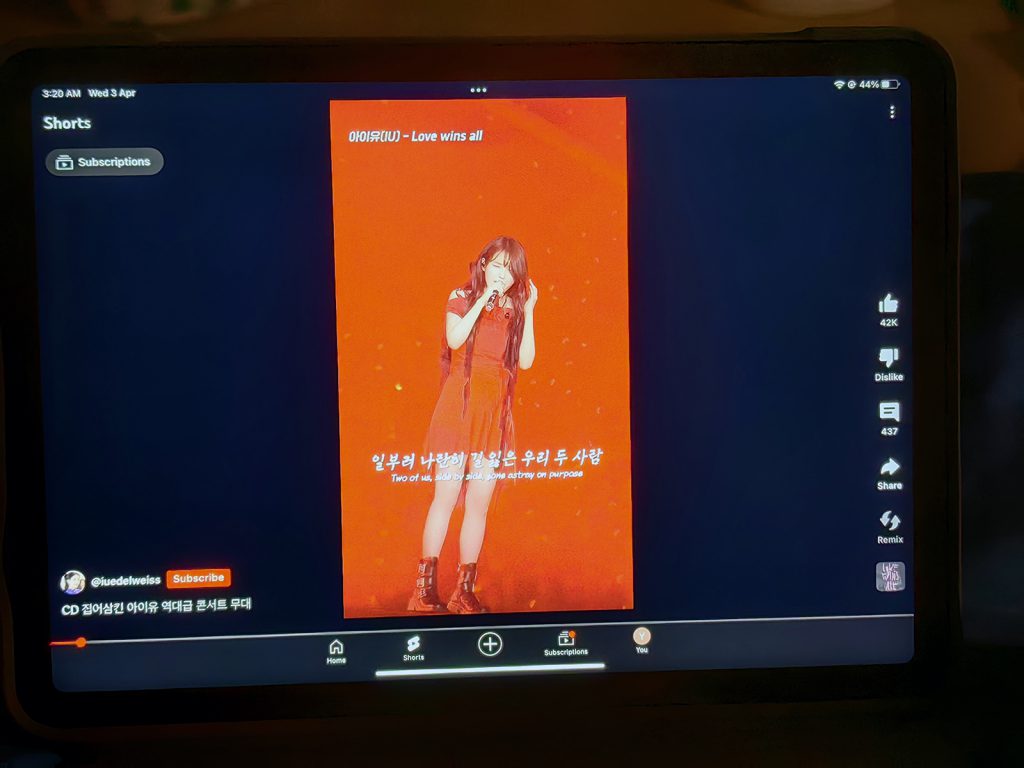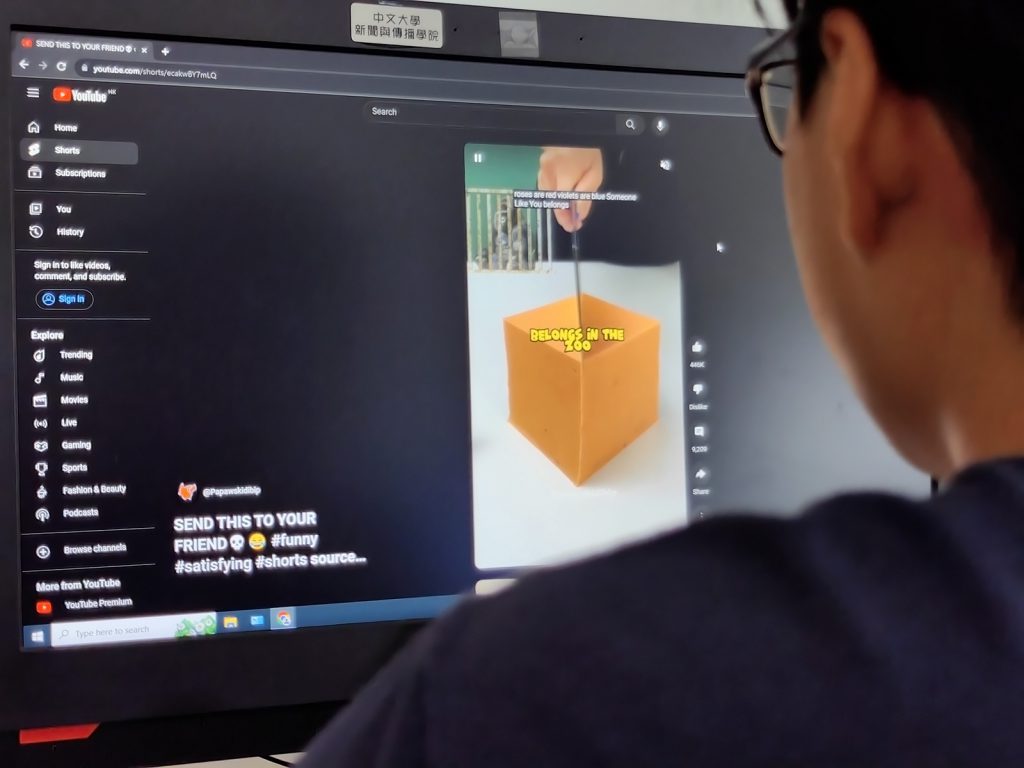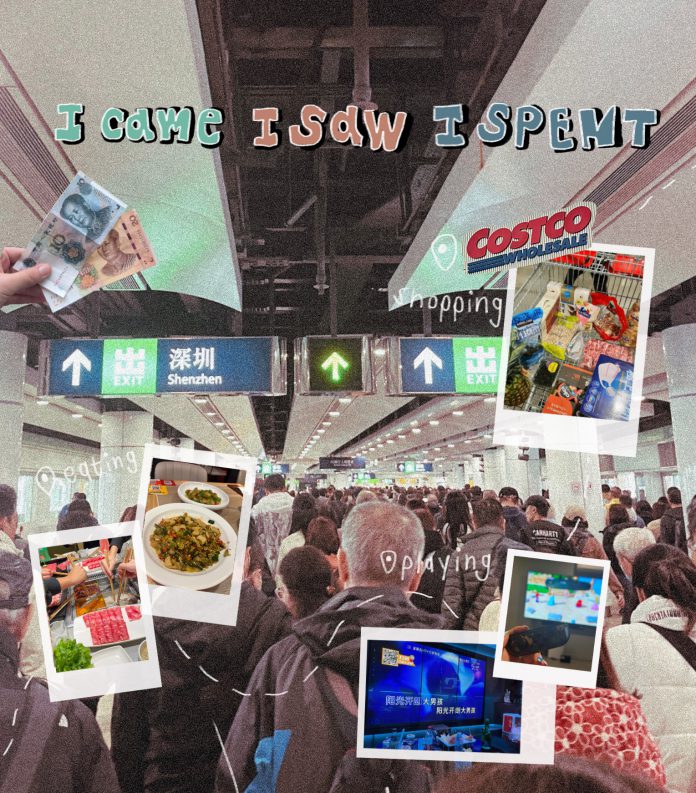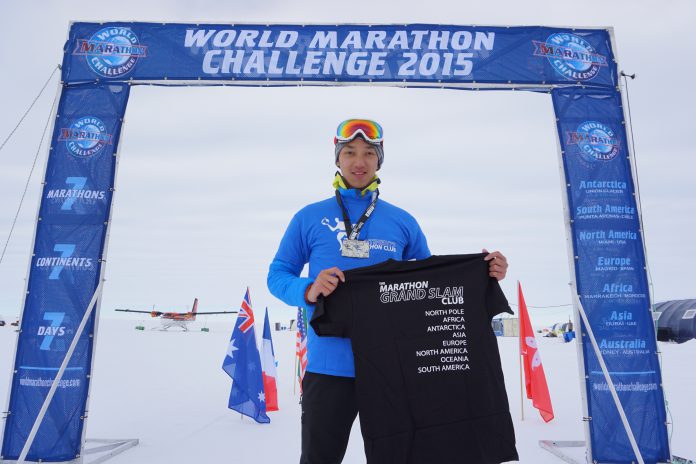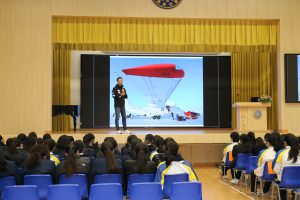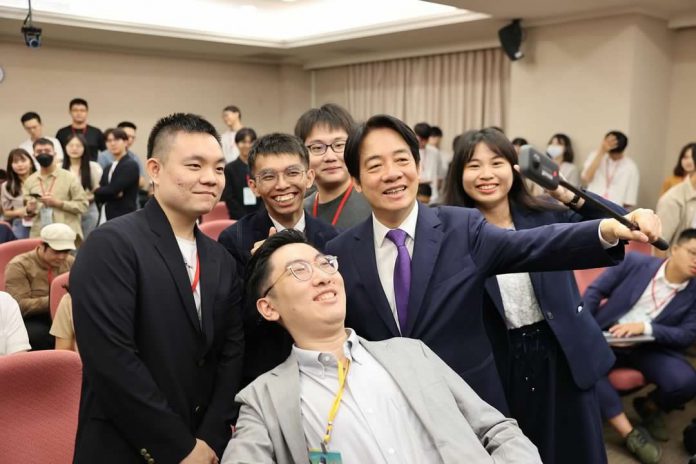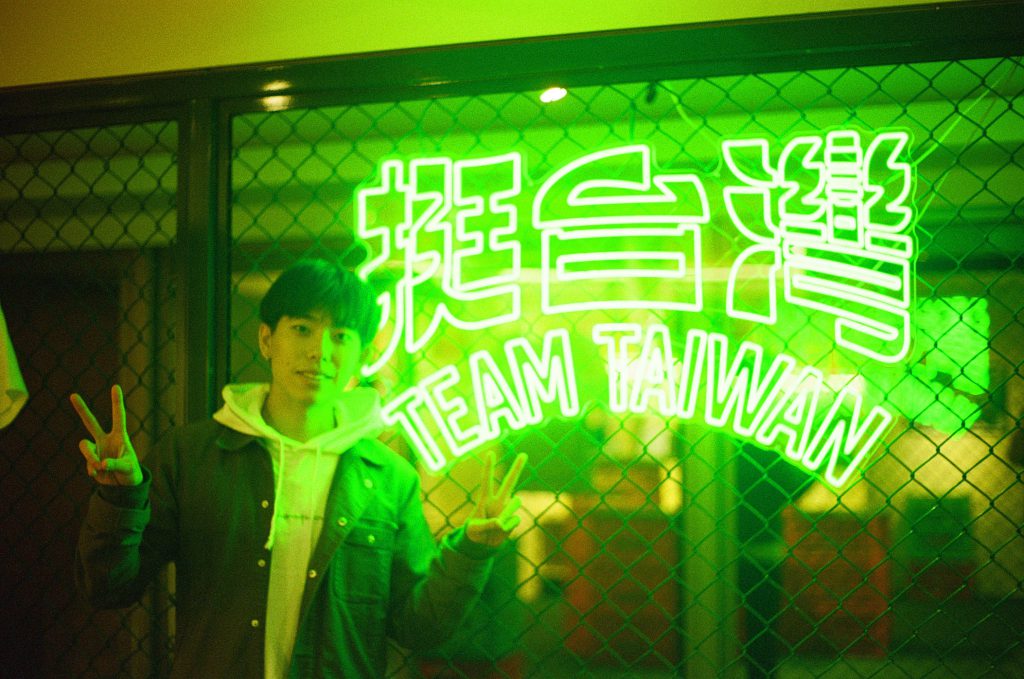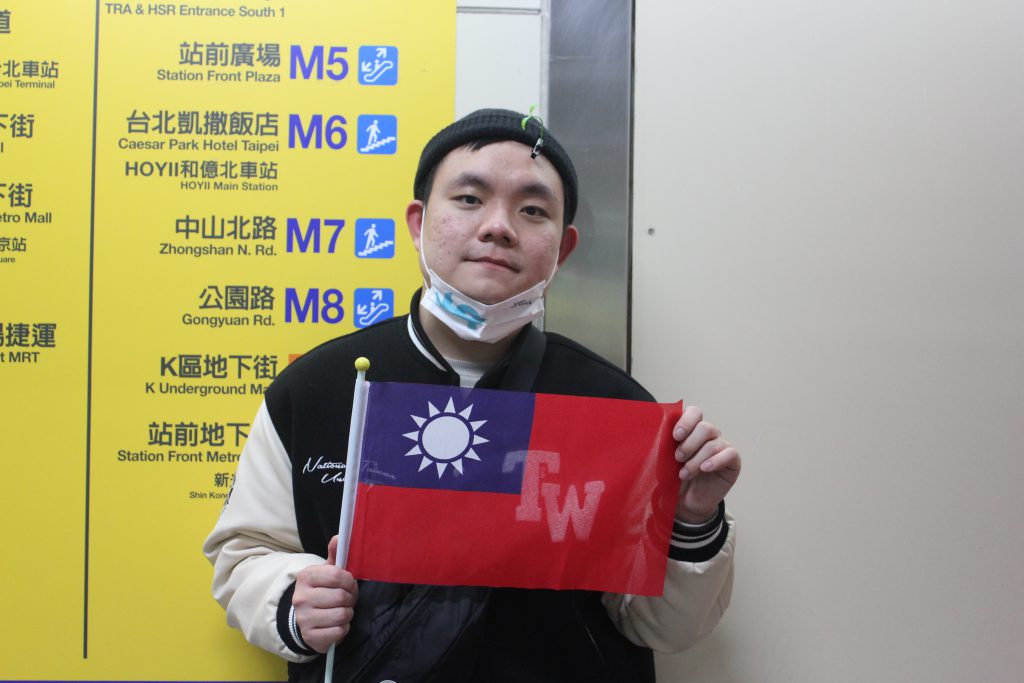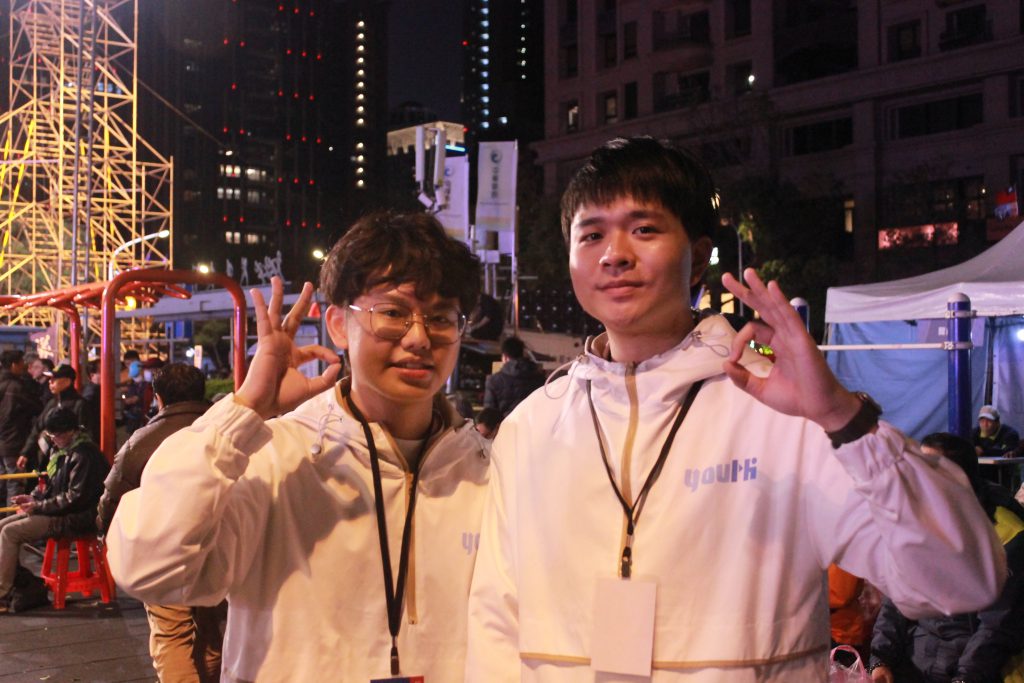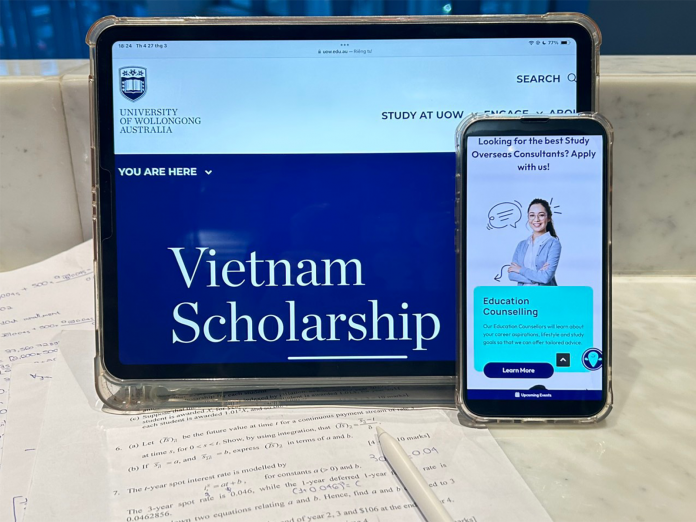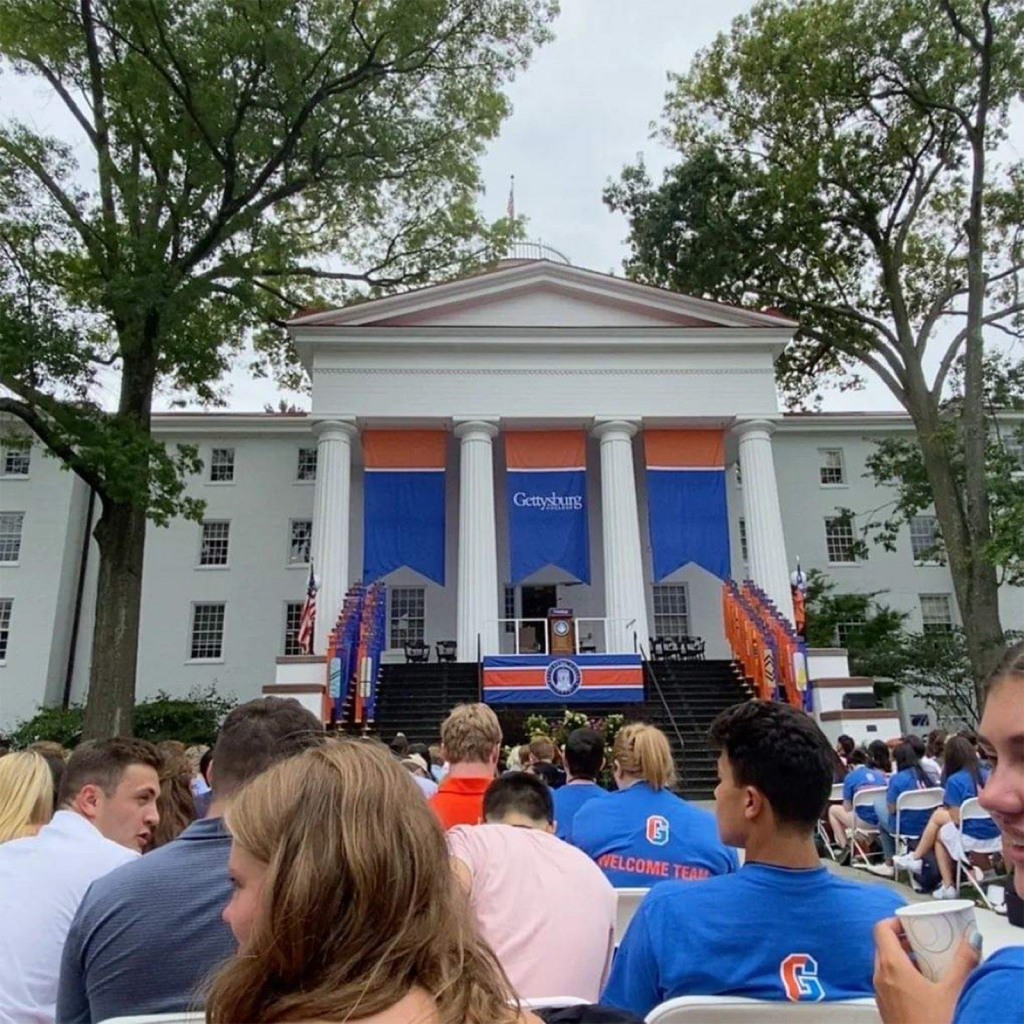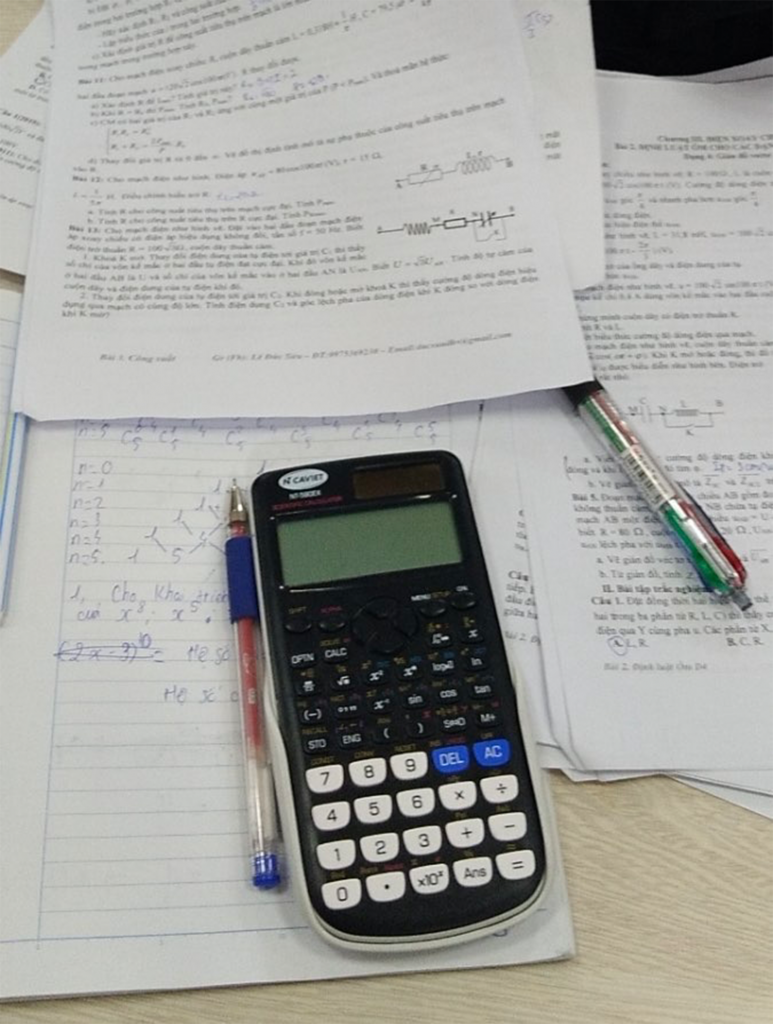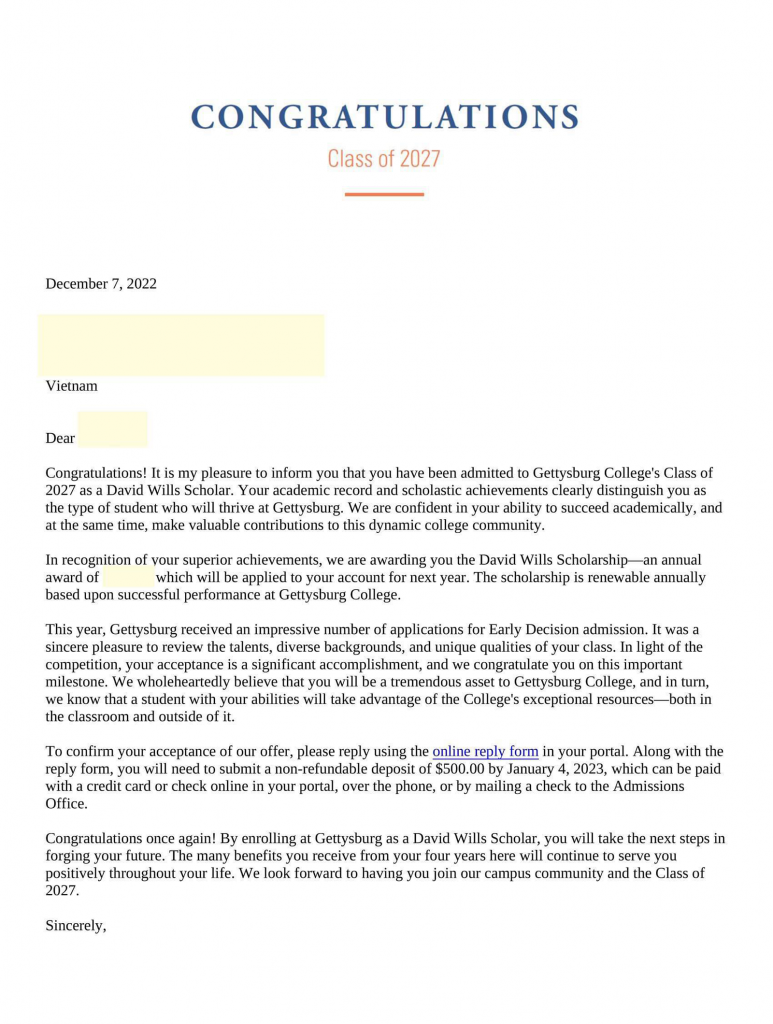Twistman spread happiness in Hong Kong campus
By Suzana Li
“I twist wherever I go, and I want to share this joy wherever I go,” University student Lenka Tao Huayi says.
Walking around the campus of the Chinese University of Hong Kong (CUHK), students might unexpectedly come across cute and beautiful handmade crafts alongside a note with encouraging words like “Be relaxed!”, “Have a nice day!” nestled in the bushes or on chairs of the sports center.
A signature of “Twistman” is left at the end of each note.
Since last November, Tao has randomly placed her charming creations, made of pipe cleaners, across the CUHK campus.
Tao is a CUHK postgraduate student from the mainland studying New Media.
Every week, Tao posts two to four posts on ‘Little Red Book,’ one of the mainland’s most popular social media platforms. She provides clues in words with pictures of her crafts placed in various locations on the campus.
To attract more people and leave them with a profound impression, she makes a human-like character in fluorescent pigment orange named Twistman to represent herself on social media.
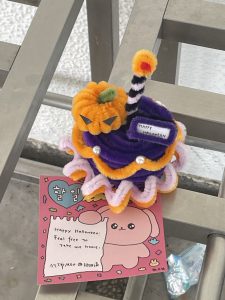
“The orange color makes the character easily to be noticed and remembered. I think the funny look makes people feel happy,” Tao says.
Viewers engaged in a sort of treasure hunt use the given clues to find the gifts or come across them randomly.
So far, Tao has distributed over 100 of her handmade gifts and netted over 10,000 followers within five months on Little Red Book.
Recipients express their gratitude in the comments, stating that these tiny crafts brighten their days.
“Thank you for spending time making many beautiful crafts for us. It is warm and delightful for my university life!” a recipient wrote in a message for Tao.
Crafting Magic
Tao believes crafts made with simple materials can bring happiness to others.
“With pipe cleaners, stickers, glue, and creativity, you can make your own masterpiece,” Tao says, noting that the body of the Twistman is made from a toilet paper roll. She finds inspiration in everything in daily life.
“I hope my crafts can be a little delight when students are busy with their study. They can feel my care and good wishes for them,” she adds.
Her love for crafting began a year ago when she was a university student in Nanjing. The first craft she created was a bunny with a white ribbon around its neck.
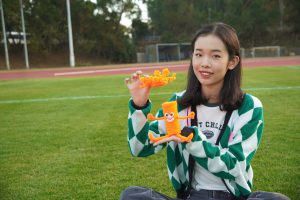
Tao continues her craft-making endeavors after moving to Hong Kong for her studies.
With materials shipped from the mainland at a cheaper price, Tao makes her crafts in her free time.
“The cost is not high. It costs around RMB ¥5 (US $0.7) for 100 pipe cleaners. My time and effort makes them more valuable,” Tao says.
Behind Twistman
The creation of Twistman all began with a group project in Tao’s new media analytics course.
“We were required to manage a social media account. I got inspired by my hobby of making pipe cleaner crafts and wanted to combine it with my project,” Tao says.
On top of the homework’s requirements, Tao hopes her work can bring joy to people who feel stressed.
“Numerous suicide cases were reported last year. Many of them are in my age. I want to do something to help others reduce stress and pressure, even though I cannot reach them in person,” she says.
Similar to Hong Kong, mental health issues are also common among students at Nanjing University, where she had her first degree in the Korean language.
“Frustration is also common amongst mainland university students. Students need to work hard for their GPA and are under a lot of pressure from parents,” Tao says.
“I was shocked when one of my Korean friends at Nanjing University jumped into his death due to his family issues,” she recalls.
Tao shares that she also experienced a brief period of depression, but she overcame it at last as she realized everything has its ebbs and flows and that there is no point in pushing oneself too hard.
“Craft making is a way for me to release pressure and find satisfaction. I encourage young people to develop their interests,” Tao adds.
Movement Expands
Aspired to spread her joy to more people, Tao does not want to confine the giveaways in CUHK only.
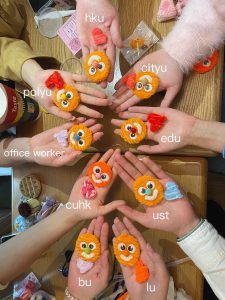
Sharing the same goal, 11 girls have joined Tao since January 2024.
While one of them is an office worker in Central, the rest come from the eight universities across the city.
They usually gather on weekends when Tao assigns them crafts to be delivered to different places in Hong Kong.
“I am so glad that many people join me to spread joy. I wish those who are in sorrow and anxiety can step out of their blue one day,” she adds.
Edited by Jasmine Lam
Sub-edited by Nicole Li






































